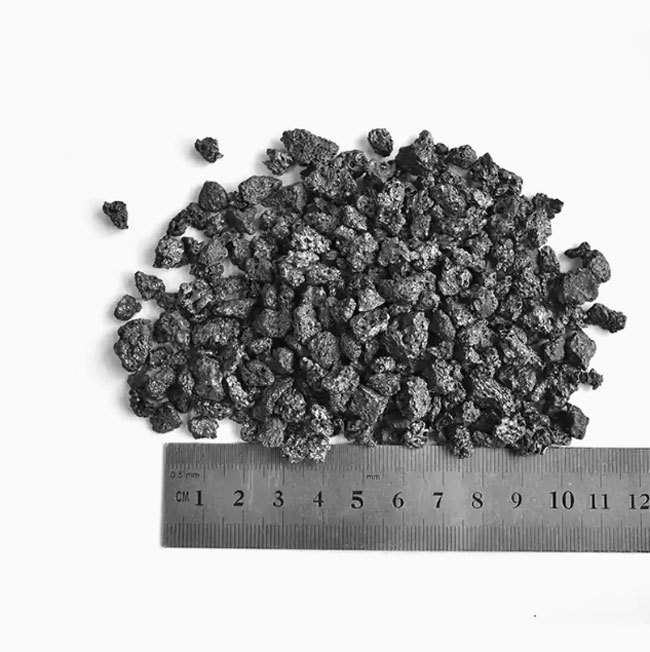
Steelmaking materials suppliers supply the raw materials needed to make the vital metal products that power construction, manufacturing, and countless other industries. From mining to distribution, the journey of steel through a complex supply chain involves a variety of sophisticated processes and careful coordination to ensure that high-quality steel is in compliance with strict standards for safety and reliability.
The process of steelmaking begins with the extraction and preparation of raw materials. These are mostly iron ores. The iron ore is mined from open pits or underground mines dependent on the nature and the location of the deposit. The quality of the ore determines its suitability for use in the steelmaking industry. To ensure the highest quality of final products, producers must be strict in regulating the composition and purity of the raw materials used.
Utilizing only the best raw materials will promote the highest efficiency and cost effectiveness throughout the entire production process. Steel made from high-quality raw materials also displays superior mechanical properties, such as strength, toughness, and resistance to fatigue, which help to increase its endurance and durability. Raw materials of top quality also reduce the risk of inconsistencies and defects and ensure that the steel they produce is in compliance with strict specifications and tolerances.

After the iron ore is extracted, it is mingled with other raw material to create molten iron. This process takes place in a blast furnace where it's subjected to intense heat and pressure in an oxygen-free environment. The pig iron is then made into different shapes to make different types of steel products. For example flat steel is then molded into a wide variety of sheet and plate products that are used in a number of industries. Long steel is rolled in the shape of a cylinder and is used in construction and for durable consumer goods.
In addition to pig iron, primary ingredients needed for the production of steel are limestone, coke, as well as slag. Coke, a specific type of bituminous coal, functions as an energy source and reducer, which transforms the pig iron into the steel that is molten. Limestone removes impurities and facilitates melting of the iron that is molten. Slag, a byproduct of the smelting process, acts as a protective layer for the iron that has been molten and is filled with valuable minerals, including calcium carbonate.
To improve the durability and performance of steel products alloy metals are typically added to the iron that is molten. Manganese and nickel molybdenum as well as chrome are some of the most popular alloys. These alloys make the steel more durable, and more resistant to damage and corrosion. The steelmaking process can be further improved through the use of cutting-edge technologies such as machine learning artificial intelligence, artificial intelligence and data analytics. These advanced tools enable quicker decisions, proactive maintenance and optimizations of production parameters.
By keeping inventory of structural steel, distributors and service centres are essential to the steel chain. This allows them to increase time-to-delivery and speed of delivery for fabrication projects that require just-in-time delivery. In addition steel distributors and service centers maintain close connections with their customers in order to anticipate demand and deliver the correct amount of steel at appropriate time. This is a key factor in ensuring consistency of quality and demonstrates an interest in customer satisfaction.

Write a Message